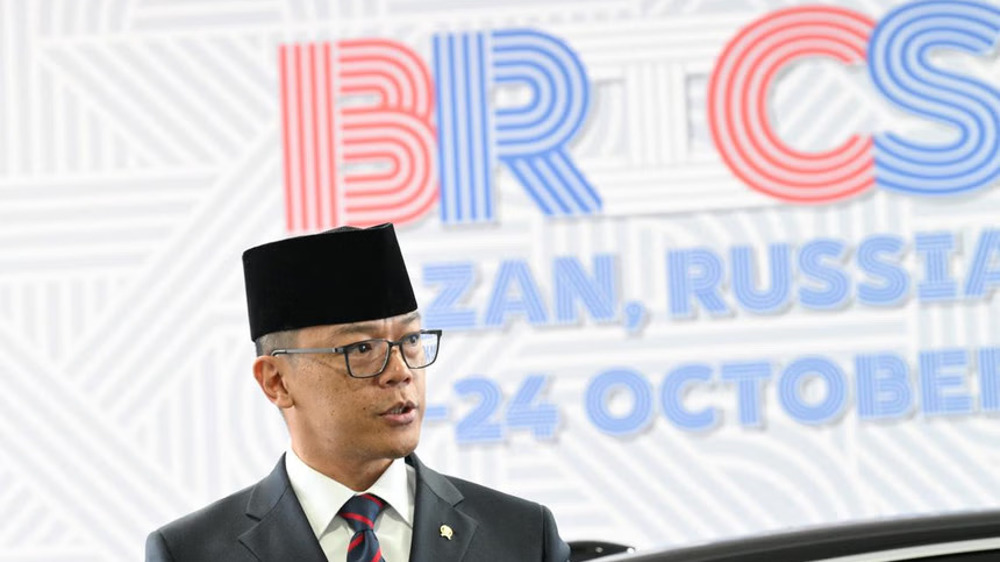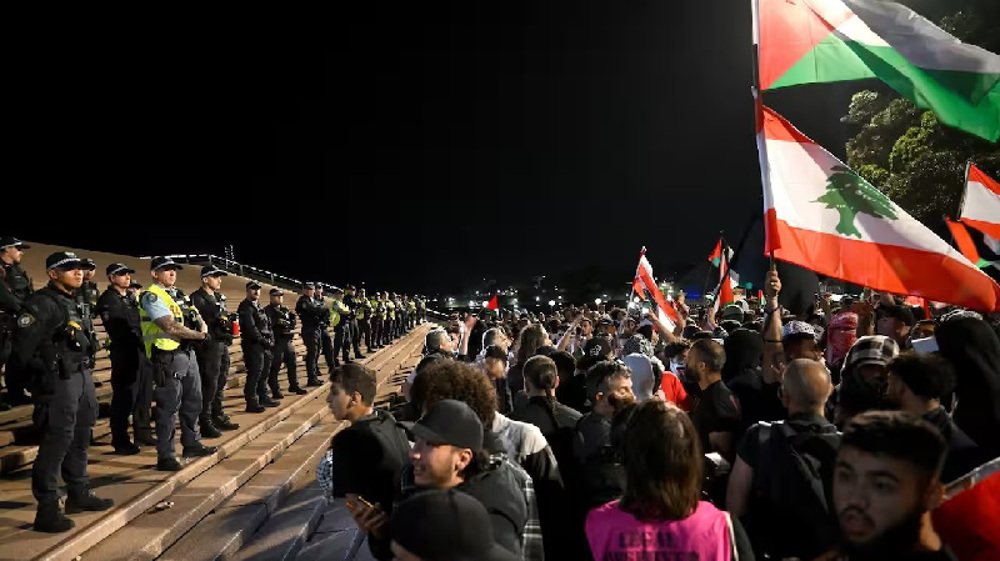Myanmar targeted the educated in genocide, Rohingya refugees say
Members of Myanmar’s persecuted Rohingya community say government forces have specifically targeted the minority group’s religious figures and teachers in their crackdown in Rakhine state.
More than a dozen Rohingya teachers, elders and religious leaders from the Rohingya community, who fled to neighboring Bangladesh, recently told Associated Press that they were singled out and disproportionately targeted by security forces.
Soldiers targeted the educated, they said, so there would be no community leaders left willing to speak up against the pervasive abuse.
It's an old tactic, according to those who study genocide, and often a precursor to killing.
Mohammed Hashim hid in the hills and watched as his brother begged for his life, his arms bound behind his back as soldiers marched the 35-year-old teacher away. It was the last time he saw him alive.
"My brother apologized and pleaded with the military not to kill him; he showed them his ID card and said, 'I'm a teacher, I'm a teacher.' But the government had planned to kill our educated people, including my brother," said Hashim who, like some Rohingya, uses only one name.
Hashim ran for the hills and hid after the military surrounded his hamlet in northern Rakhine state. Others told similar accounts.
Rahim, a 26-year old high school science and math teacher who was known to many troops because he taught their children at the local battalion school, saw the military coming and fled.
"I knew I was dead if I got caught. They were hunting me," said Rahim.
"They knew that I would always speak out for the people. They wanted to destroy us because they knew that without us they could do whatever they wanted to the rest of the Rohingya."

After the Aug. 25 attacks, soldiers in Maung Nu village, the site of a massacre, asked villagers: "Where are the teachers?"
Teachers said they were paid only by community donations, were banned from teaching the Rohingya language, history and culture, and could only speak Burmese; many said they were prohibited from using the word "Rohingya."
"Teachers in school are their windows to the world," said Arif Hossein, a former elementary school teacher from Khular Bil in Maungdaw Township. "They teach them the meaning of the word Rohingya. Who tells them about our history and about how long we have lived there as a community? Teachers do."
According to a longtime headmaster at a middle school, in the months before Aug. 25, informers made it too dangerous to teach Rohingya language or culture, even in secret.
"I couldn't speak out. Informers would follow me every day, every time I left the house. The government police would come at night and accuse me of giving the insurgents food, which was false, and my house was searched."
After the 2012 violence, he spent four years in prison, for allegedly burning homes, a charge he denies, and was released in 2016.
The headmaster fled to Bangladesh soon after the August killing began.
"There are some educated people left in my village, but they will never raise their voices," he said, as another man wept silently, listening to him speak. "Things will get worse for the Rohingya because no one will speak out for them. They are too afraid. I think there will be no chance the Rohingya can stay in Myanmar. They all will come to Bangladesh."
Others interviewed also described repression.
The government claims the clergy and educated people worked with outsiders to collect and send abroad information about human rights abuses to tarnish the image of Myanmar.
Interviews with about 65 refugees in a September report by the UN Human Rights Office of the High Commissioner (OHCHR) indicate that "the Myanmar security forces targeted teachers, the cultural and religious leadership, and other people of influence in the Rohingya community in an effort to diminish Rohingya history, culture and knowledge."
This targeting was "well-organized, coordinated, and systematic ... thereby challenging the assertion that it was merely collateral damage of the military" operations after the August insurgent attacks.

An Amnesty International report from November documented a system of institutionalized discrimination and segregation of the Rohingya that was meant to erase their identity.
Researchers see comparisons between what is happening in Myanmar and other genocides.
"Listening to these stories, it sounds so similar. First you take out the religious or the political leaders, and then you start going down to the civilian population and you start tightening things more and more," said Karen Jungblut, research director at the USC Shoah Foundation, who has conducted interviews in the Bangladesh camps. "This was not just some random spurt of regional violence here and there because Myanmar felt it was being attacked by a 'terrorist group.' ... It felt way too organized."
Thomas MacManus, a specialist in international state crimes at Queen Mary University of London who has researched the Rohingya since 2012, said: "The objective appears to be to destroy the Rohingya, and one way to do that is to destroy their culture and remove their history. It's part of the genocide tactic."
"Literacy is not high with the Rohingya; it is difficult to get an education in the first place, so targeting the teachers is a similar path that you've seen and heard in other places that ended up in genocide," said Jungblut.
More than 700,000 members of the minority Muslim group have fled the state-sponsored violence to southeast Bangladesh over the past nine months.
The UN has described the campaign as a textbook example of ethnic cleansing, saying it possibly amounts to genocide as well.
Though the Muslim community has lived in Myanmar for generations, its members are denied citizenship and are branded illegal immigrants from Bangladesh, which likewise denies them citizenship.
IRGC: Gaza truce ‘irreparable defeat’ for Israel, great victory for Palestinians
Iran, Tajikistan presidents oversee signing of 23 MoUs to boost ties
Tehran rejects Elon Musk’s role in release of Italian journalist as ‘media fantasy’
Pezeshkian: Iran open to talks but fully prepared to crush enemy if attacked
Araghchi: Iran-Russia strategic deal step toward ‘more just world’
UNRWA unraveled amid Israel's allegations, reduced intl. support
Palestinian journalist, a Sobh Media Festival awardee, killed in Gaza hours before truce
Jan. 15: ‘Axis of Resistance’ operations against Israeli occupation










 This makes it easy to access the Press TV website
This makes it easy to access the Press TV website